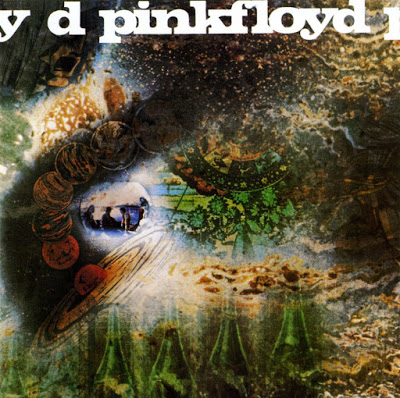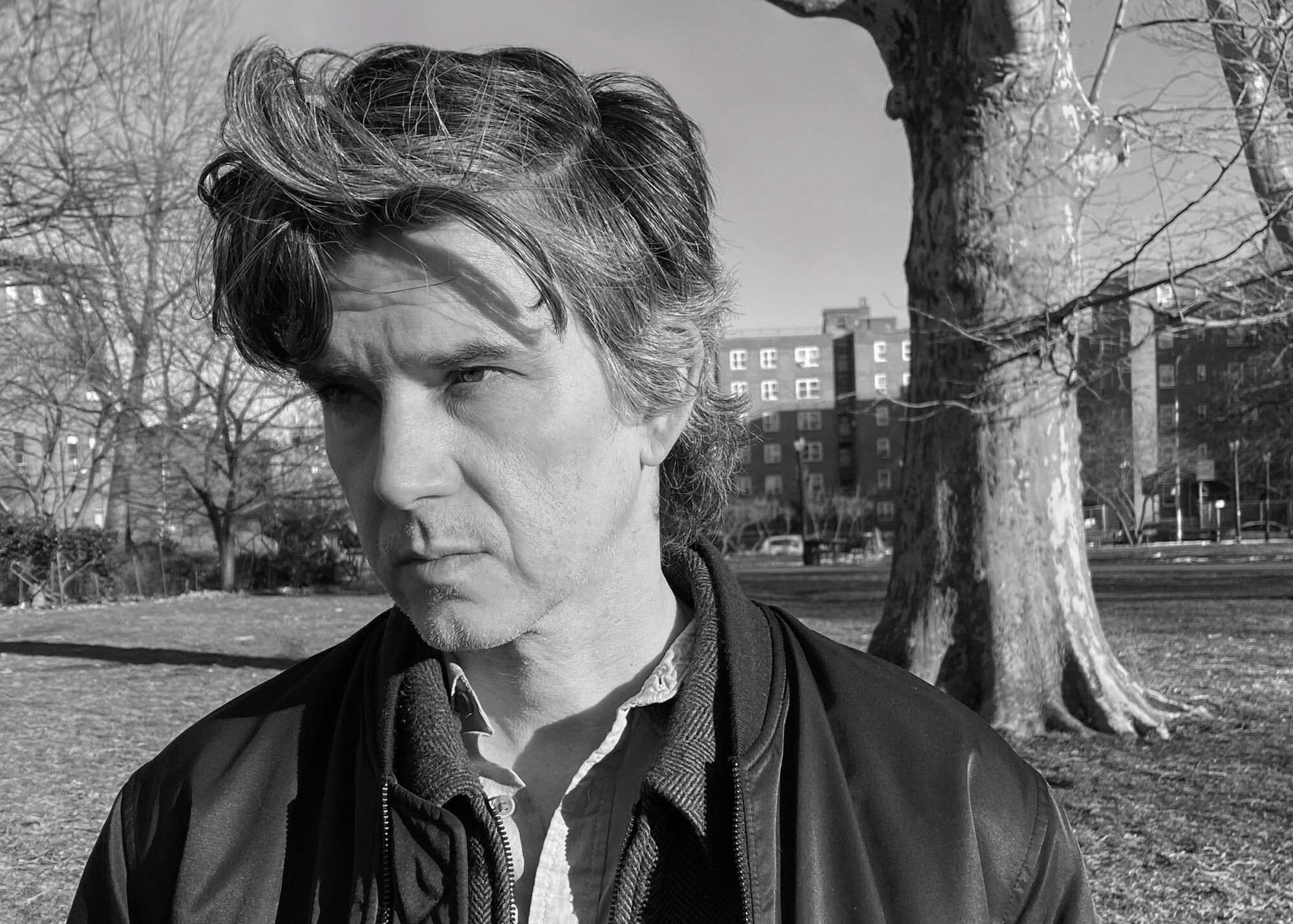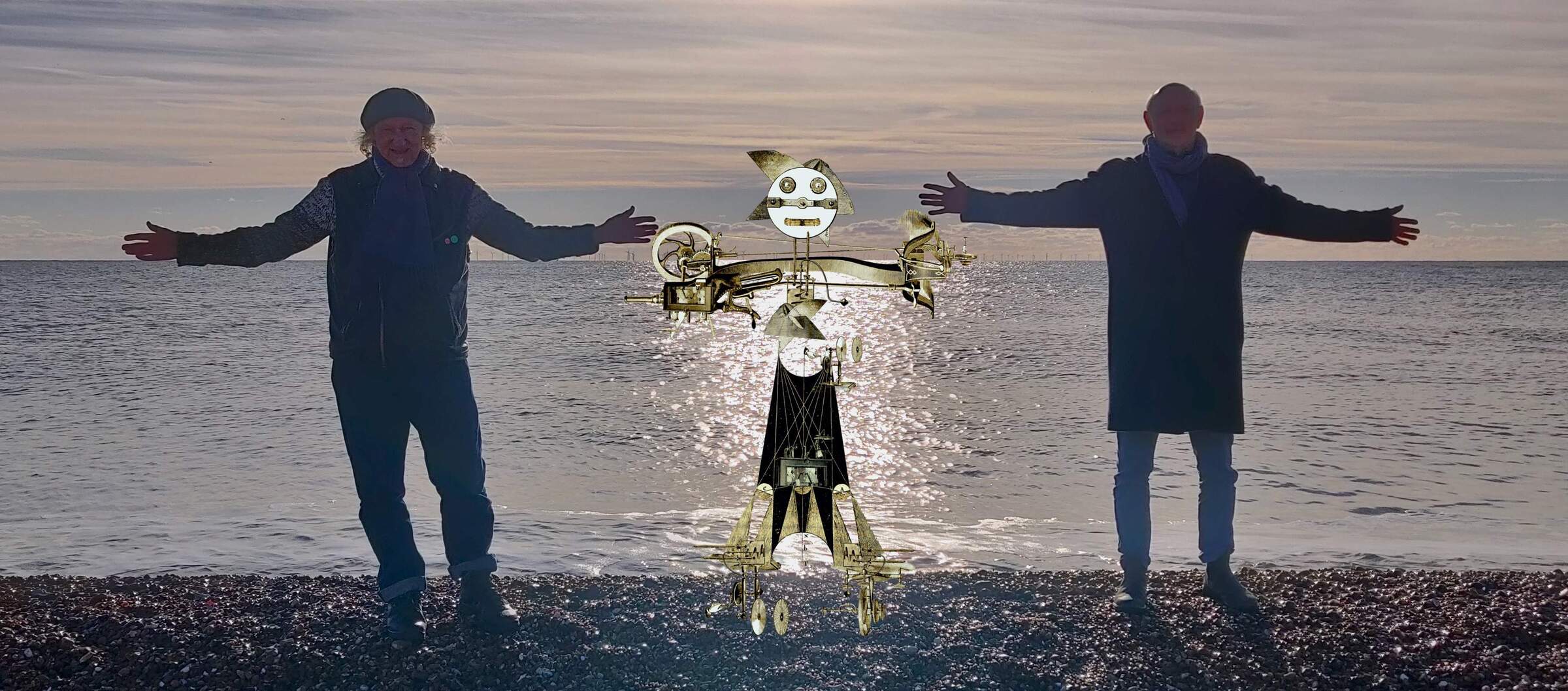Pink Floyd’s Best Kept Secret: ‘A Saucerful Of Secrets’ 50 Years On
This week fifty years ago, a semi-famous English group with the strange name of ‘Pink Floyd’ released their second LP: ‘A Saucerful Of Secrets’. The release was met with little fanfare at the time, with some critics greeting it with ill-concealed contempt. Rolling Stone magazine, describing it as “rather mediocre”, judged Roger Waters to be “an uninteresting writer, vocalist and bass player”, with the album’s “instrumental work… shoddy and routine”. In a rather barbed concession, the critic claims that “’Corporal Clegg’ at least has the virtue of brevity, as well as not sounding like it was written in a drugged stupor”.
While modern assessments of the record may have improved, it attracts more bemused indifference than admiration, even amongst the band’s greatest fans. But with open ears and an open mind, it’s clear that this record was not only highly significant for the development of the group, but also a bona fide psych masterpiece.
As is often pointed out, ‘Saucerful’ is an album of transition, dominated by the synthesis of Barrett’s and the others’ competing musical visions. Whilst before they could ride on Syd’s songs, his mental breakdown presented Waters and Wright with a stark choice: compose or head back to architecture school. And in their early efforts on ‘Saucerful’, the two are clearly under Barrett’s influence. But behind the glass walls of Syd’s musical education, Waters and Wright were free to transcend him and explore new directions, sowing the seeds for their later work.
Unlike Syd’s songs, which are written from the undiscriminating eye of the child, Wright’s pieces ‘Remember A Day’ and ‘See Saw’ are instead nostalgic longings back to childhood, and retreats from the harsh realities of adult life. ‘Remember a day before today, a day when you were young’, Wright mourns, over a catchy vocal melody and a relentless drum beat – ‘why can’t we play today? Why can’t we stay that way?’ Throughout the track, Syd’s bottleneck guitar twangs away, seemingly following no scale or tune: whilst Wright resigns himself to remembrance, Syd is happy to continue playing.
Arguably one of the best songs of the Floyd’s whole 60s’ catalogue, ‘See Saw’ is unique in its clear influence from The Beach Boys, in particular ‘Pet Sounds’ and ‘Smiley Smile’. Wright reinforces the rising and falling of the see-saw with Wilson-level song-writing sophistication. In the first verse, for example, rather than staying in the expected key of C major, he awakens us from our dream and shifts gear down one note to B major, and then in fifths from E major to A major and D major, before finally settling back in C for the next verse. In another homage to the Beach Boys, the bridge contains some of the Floyd’s best ever harmony work.
Whilst Wright follows Syd back to childhood, Waters joins Syd on his trips into deep space. Building on ‘Astronomy Domine’ and ‘Interstellar Overdrive’ from their debut, ‘Let There Be More Light’ and ‘Set The Controls For The Heart Of The Sun’ are nothing short of psych-rock classics. In another unusual move, both songs are written around exotic Eastern scales, sating the relentless hippie appetite for anything Oriental. Beginning with a bass riff that drones in the Mixolydian mode, ‘Light’ (and likewise ‘Set The Controls’) shifts to an earworm melody in the Arabic Phrygian mode that you can’t help but sing along to.
Along with this, both of the tracks have some very entertaining lyrics. ‘Light’ uses extra-terrestrial imagery from science fiction, including The Day The Earth Stood Still and Arthur C. Clarke’s Childhood End, as well as the Beatles’ then-recent ‘Sgt. Pepper’ album. ‘The outer lock rolled slowly back/ The servicemen were heard to sigh/ For there revealed in glowing robes was Lucy in the Sky!’ How can you not love that?
In parallel to Syd’s exploration of the I Ching in ‘Chapter 24’, Waters’ lyrics on ‘Set The Controls’ are based on traditional Chinese poems from the Tang dynasty. But while Syd simply quotes the text verbatim, Waters enhances the original poems, using esoteric imagery to create a masterly and hypnotic prayer to the power of the sun. In allusion to Chinese philosophy, Waters calls us to compare the might of the sun with the limitations of the human perspective. While the sun is ‘breaking the darkness’, ‘waking the grapevine’ and indeed ‘watching the watcher’, all we can do is ‘remember the lesson of giving’.
War is also a significant theme in the album. Perhaps awoken by the violence and turmoil of 1968, which saw the rise of political radicalism and the escalation of the Vietnam War, in ‘Corporal Clegg’ Waters writes his first of many songs about the death of his father in World War Two. Alternating between aggressive fuzz riffs, transcendent harmonies and Barrett-like playfulness, the song is rife with contradictions. The lyrics are both personal and evasive, with Waters tempering his paternal mourning with lapses into childishness – ‘Corporal Clegg had a wooden leg, He won it in the war in 1944 [the year of his father’s death]… [and] a medal too, in orange, red and blue, he found it in the zoo’. ‘Dear, oh dear, are they really sad for me? Dear, oh dear, will they really laugh at me?’, Waters asks, relieving the tension with a perhaps ill-judged kazoo solo.
The album’s title-track, a near 12-minute abstract piece with no lyrics, was carefully crafted by Waters around a battle scene in four parts: the first, ‘Something Else’ represents the setup; the second, ‘Syncopated Pandemonium’, the battle; the third, ‘Storm Signal’, the view of the dead; and the final part, the ‘Celestial Voices’, the mourning of the dead. More interestingly, though, the track represents a further collision in the approaches of Syd and later Floyd. On Syd’s abstract piece, ‘Interstellar Overdrive’, there is effectively no forethought at all: aside from the riff that bookends the start and finish, the main body of the song is based on total improvisation. While Syd was content to drop acid and see what happened, with this track we see the strong organisation that characterises the Floyd’s progressive work. Despite sounding totally chaotic for the first eight minutes, the song was carefully pre-planned and rehearsed: the pangs of the piano, the pounds of the drum and the scratches of Gilmour’s Stratocaster were largely maintained uniformly in the song’s studio and live performances. As for actually listening to it, the song is by far the most inaccessible on the record. If you’re looking for a catchy tune to sing along to, this piece is not for you. Wars and battles are not pretty.
But for all his influence on the record, it’s ironic that Syd only has one song on the whole album. The final track to his second and final album with the group, the brilliance of this song is reason enough to listen to this album. ‘Jugband Blues’ is Syd’s swan song: a paean to resignation, psychosis and death. Gone is the lysergic clown of ‘Bike’ and ‘The Gnome’ – the Syd who appears in its promotional video is hollow-eyed, staring and emotionless.
Over a depressing waltz of C major and A minor, Syd seems aware of his own mental decline and the outreach of his bandmates. But whilst they’re being ‘awfully considerate’, he’s ‘most obliged to you for making it clear that I’m not here’. Wherever he is, he has resigned – ‘I don’t care if the sun don’t shine, I don’t care if nothing is mine…’, before his voice echoes into the distance. For the next section, Syd made a special request for a Salvation Army Band. But on asking what to play, he didn’t know – ‘play anything I suppose’, he reportedly said: whether this is his continuing commitment to abstract improvisation or evidence of mental illness, it’s not clear. The playful melodicism of the Army Band section doesn’t last long, though. Random, dissonant guitar and organ take over, creating the musical equivalent of delirium. Suddenly it ends, and the Piper returns. ‘And the sea isn’t green, and I love the queen/ What exactly is a dream? What exactly is a joke?’ I don’t know, Syd.
That ‘A Saucerful Of Secrets’ was created fifty years ago is both striking and not surprising at all. It’s both timeless and a clear reflection of the heady days in which it was made, covering big, universal themes from the kaleidoscopic prism of Swinging London. It contains moments of serene beauty, but also abject ugliness. But if you want to understand Pink Floyd or at the very least hear some great ‘60s rock, this album should not be overlooked.
– Ed Prideaux





Great album! Great review. It may not have been the masterpiece Piper was but it was a remarkable effort for a band deprived for the most part of its leader and guiding light.
Thanks Amy! I couldn't agree more – Piper is up there with the Floyd's best. Syd really was a talented guy.
We’re in 2019 and I’m still waiting the 50th Years tribute edition for this album in that classical 4, 5-cd combo (or stream) full of extras, remasters and unreleased material. Listening to Floyd at 61 is still better that it was at 12 in 1970, my first time.
I like this lp more than piper, never was a fan of syds songs at all and his two here are really awful. let there be more light, remember a day,set the controls and see saw make a killer a side. if they had 2 more vocal tracks to open and close side 2 would be a success. sadly it isn’t here, so a great a side of a record with the experimental title track seeking 2 others.